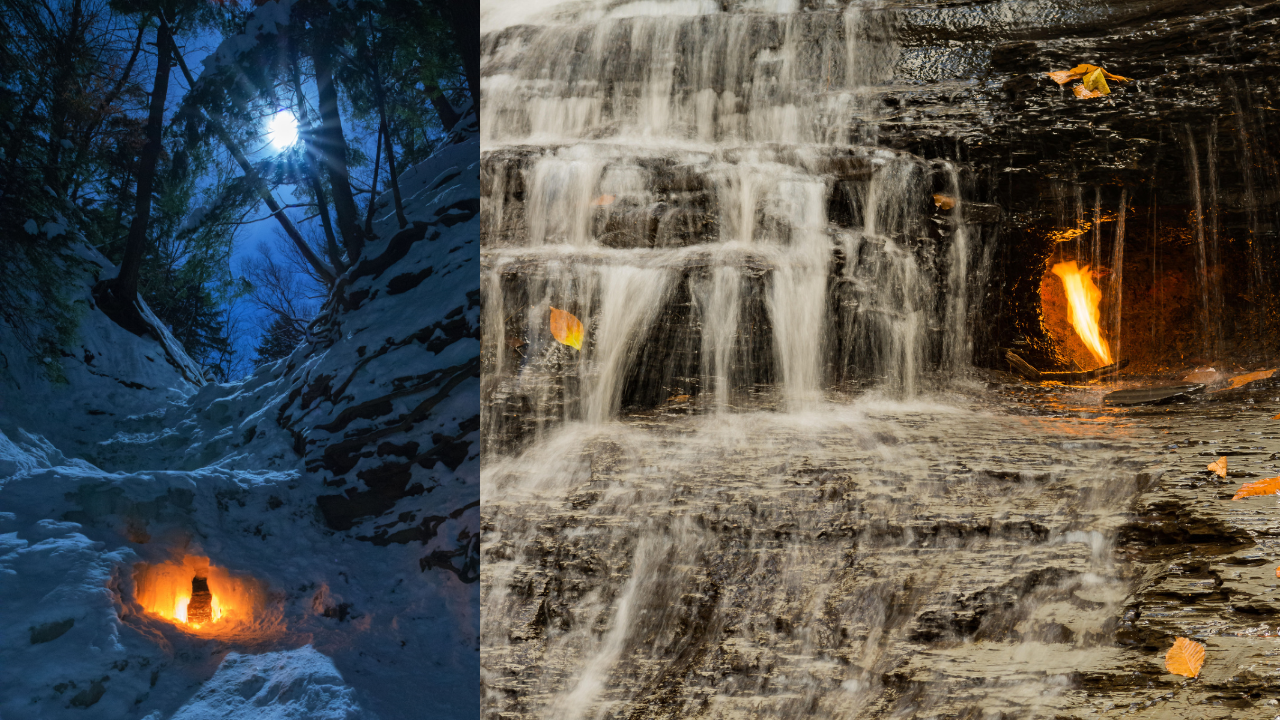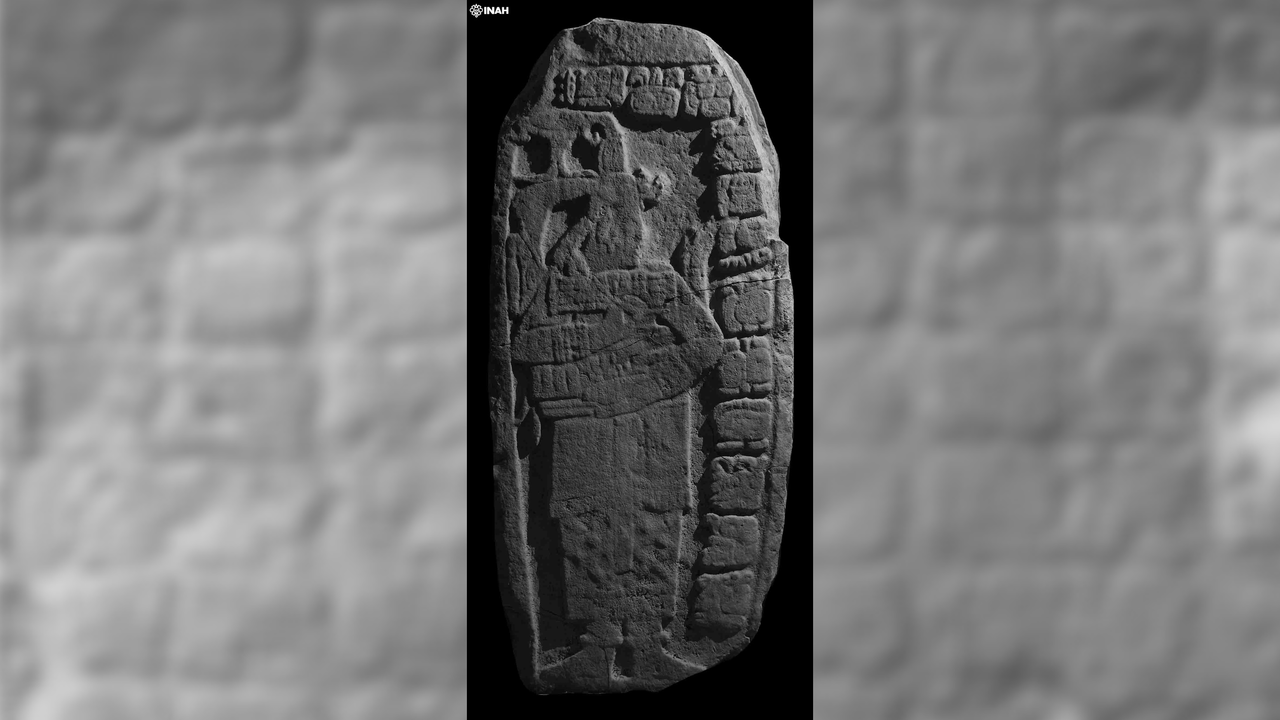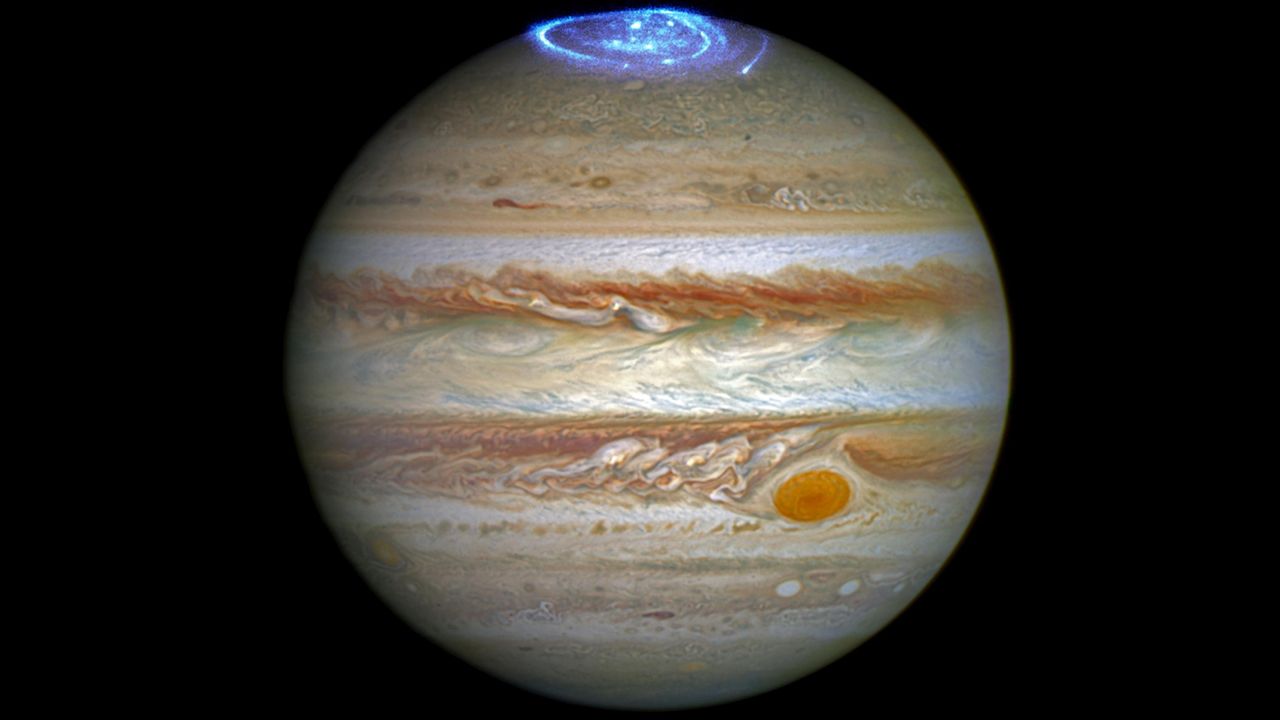Eternal Flame Falls: New York's mini waterfall that hides a grotto filled with undying fire
PositiveScience

Eternal Flame Falls in New York is a captivating natural wonder where a small waterfall conceals a grotto that hosts an undying fire. This unique phenomenon occurs due to the breakdown of organic matter in the shale rocks, which releases flammable natural gas. The sight of fire amidst the flowing water is not only visually stunning but also highlights the fascinating interplay between geology and nature. It's a reminder of the hidden marvels our planet holds and why preserving such sites is essential for future generations.
— Curated by the World Pulse Now AI Editorial System







